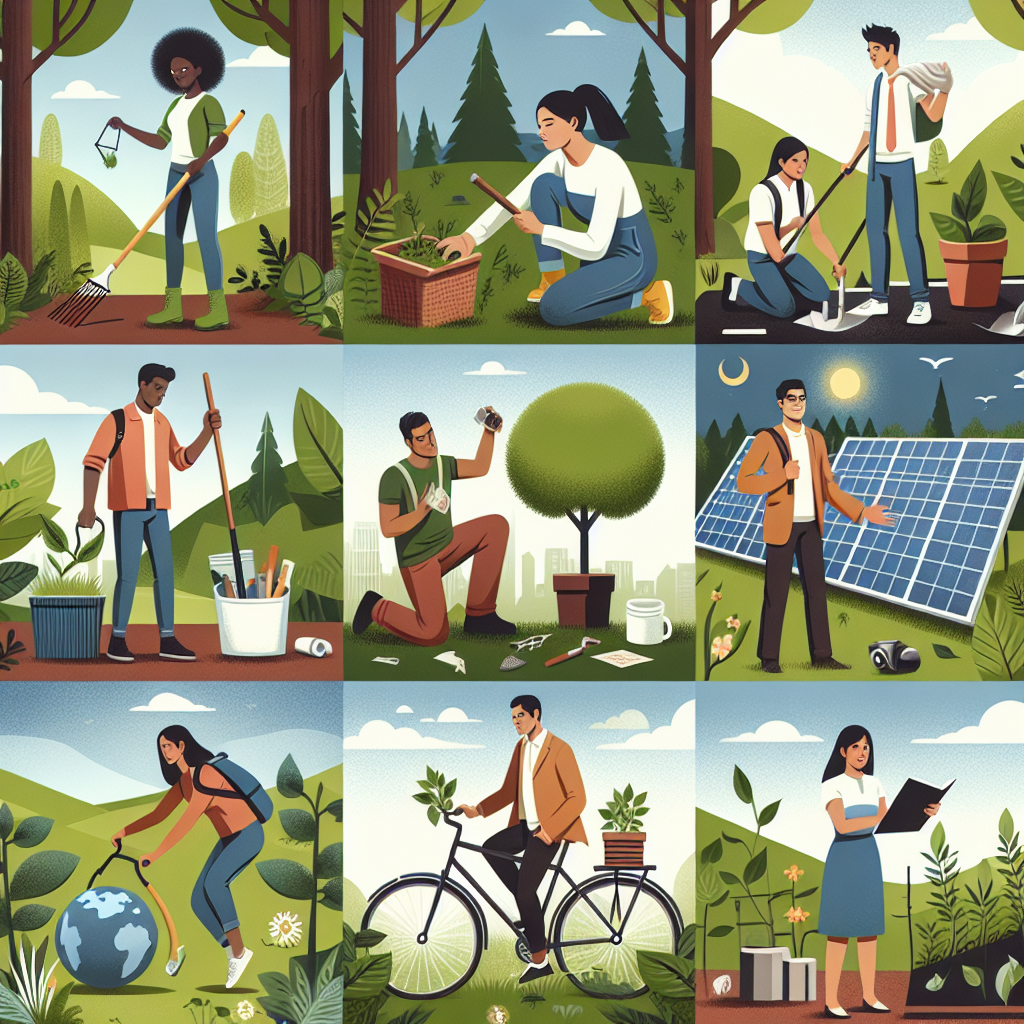Supreme Court's Tree Felling Verdict: A Catalyst for Change?
The Supreme Court's ruling equates tree-felling with human sacrifice amidst criticism of governmental laxity on forest laws. Environmentalists urge action to halt deforestation due to large projects. They stress the ecological vitalities and disasters from ongoing forest destruction, querying the adaptability of compensatory afforestation measures.

- Country:
- India
In a powerful statement, the Supreme Court declared that cutting a large number of trees is equatable to taking human lives. This landmark remark is seen as a serious admonition to the central government, accused of easing forest protection laws, and state administrations, often clearing green cover in the name of development.
The court's observation came during the dismissal of a plea involving the felling of 454 trees in the Taj Trapezium Zone. The environmental community sees this as a 'wake-up call' addressed chiefly to the government, urging more stringent forest conservation policies. Major concerns were raised about vanishing forests and escalating disaster risks, especially in fragile Himalayan states.
Environmentalists argue that continual environmental exploitation under the guise of development projects — from mining in the Aravallis to infrastructure projects in the Northeast — threatens India's ecological fabric. Criticism of current afforestation and development policies places a spotlight on the urgent need for reevaluated, sustainable practices.
(With inputs from agencies.)
ALSO READ
Climate change: Paris Agreement goals still within reach, says UN chief
Uttar Pradesh Partners with iFOREST to Combat Pollution and Climate Change
Revolutionizing Climate Change: Planetary Technologies' Oceanic Carbon Capture
Supreme Court Ends Youth-Led Climate Change Lawsuit
Can renewable energy survive climate change?










